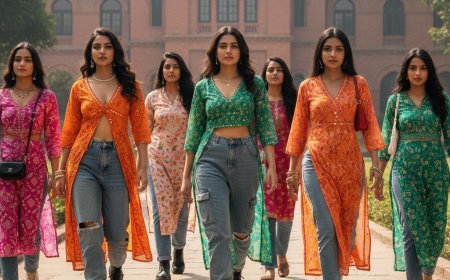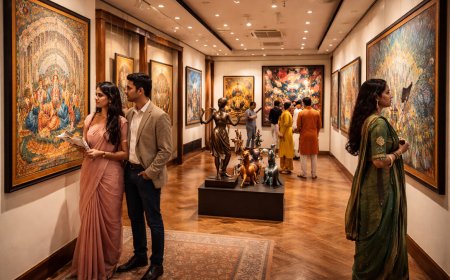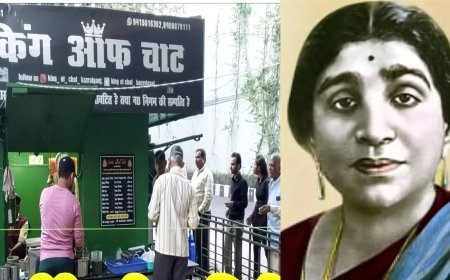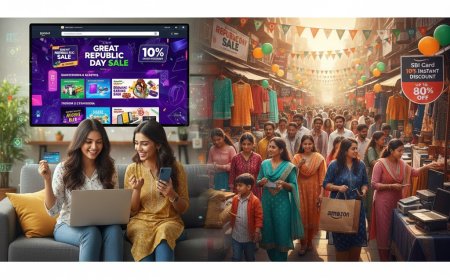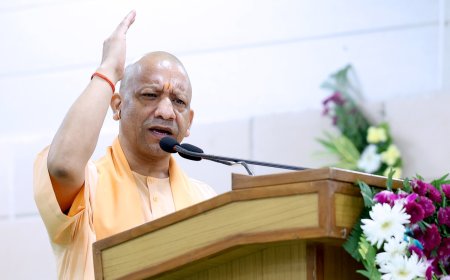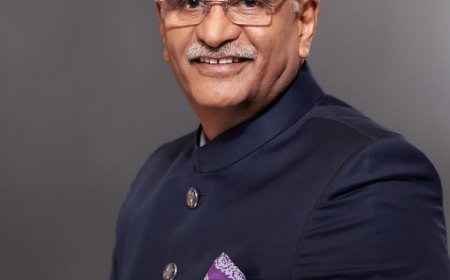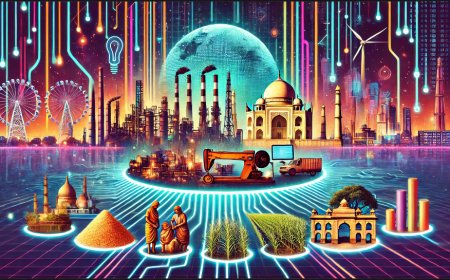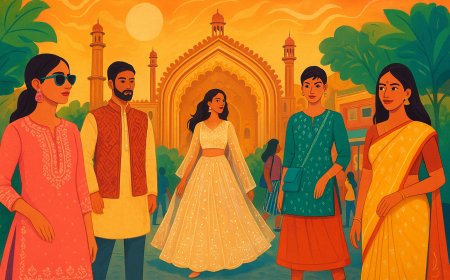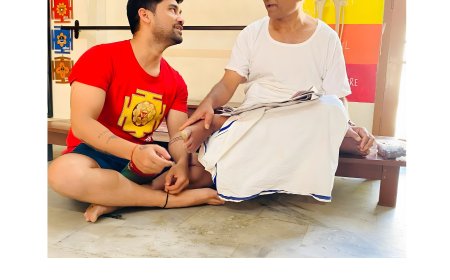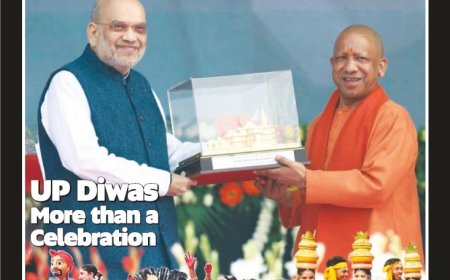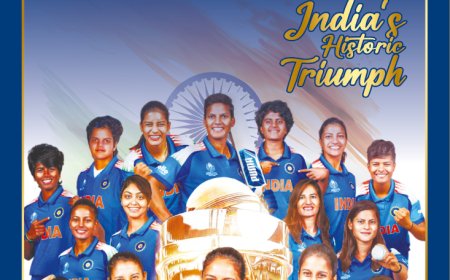Swipe, Ghost, Repeat: The Irony of Modern Love in Young India
Swipe, Ghost, Repeat: The Irony of Modern Love in Young India
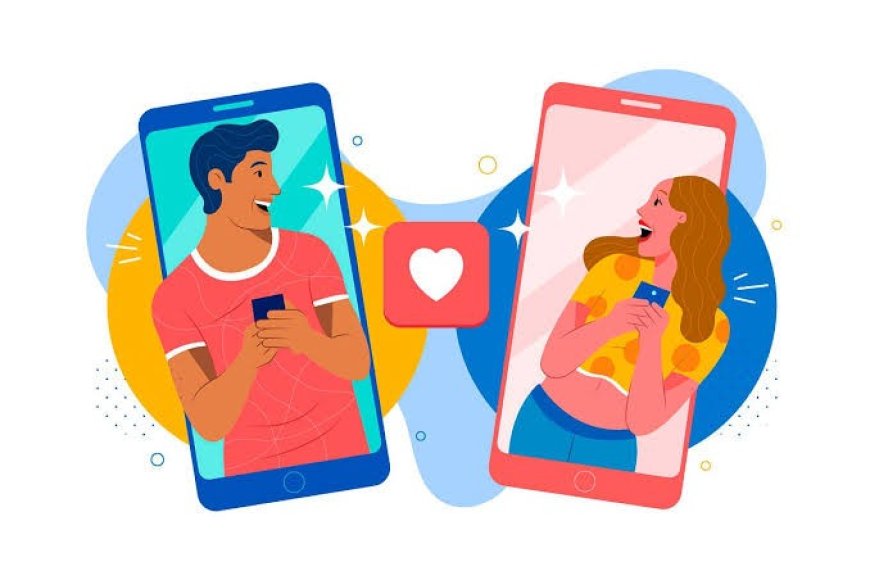
“Mom, why should I get married? I’m financially independent, socially fulfilled, and genuinely happy just the way I am,”she said.
“Dad, why do you want me to take responsibility for someone else? I’m content on my own, and I can’t give up my freedom,”he said.
They swiped right, laughed, loved, and left—just in time to find someone new to repeat it all with.
Once upon a time in India, relationships were built like homes—brick by brick, with patience, sacrifice, and commitment. Today, they’re more like disposable packaging—attractive, easy to open, and quickly thrown away once the thrill fades. We now live in a society where the swipe of a finger has replaced long conversations, and commitment has been outpriced by convenience.
This is the irony of modern love in young India. In an age dominated by dating apps and digital detachment, commitment seems almost outdated. According to a 2023 survey by Bumble India, 71% of Gen Z and Millennials claimed they are “not looking for anything serious.” What was once considered the foundation of personal and societal growth—mutual respect, emotional investment, and long-term planning—now often seems burdensome. “Why stay when I can scroll?” has become the unspoken mantra.This isn’t merely about changing preferences—it’s about shifting values.
At first glance, it appears empowering. Young Indians, especially women, are more financially independent and socially liberated than ever before. They no longer need to marry for security or societal validation. That’s a victory. But in chasing convenience, we may be trading depth for ease, and companionship for endless novelty.
We build “connections” that lack roots. We avoid emotional labor and label it “self-care.” We reject responsibility and call it “freedom.”
The paradox? We’re lonelier than ever. A 2024 study by the Indian Journal of Psychiatry showed that urban Indians under 35 are experiencing rising levels of anxiety, emotional burnout, and chronic loneliness. Virtual validation isn’t filling emotional voids—it’s masking them.
When relationships become transactional, so does society. Families grow fragmented, empathy fades, and the very social fabric that sustains us starts to unravel. A well-knit society thrives not on instant gratification but on shared responsibility, compromise, and care.
Dr. Esther Perel, a renowned psychotherapist, warns: “We’re expecting one person to give us what an entire village once did—stability, passion, friendship, family. And when they can’t, we move on.” But what if the problem isn’t the person, but the lack of commitment to grow together?
If this continues unchecked, the consequences are clear: increased mental health issues, emotional detachment, weaker family systems, apathy in communities and loss of cultural continuity.
This isn’t a call to return to oppressive traditions. It’s a plea to retain the essence of meaningful connection—while evolving how we express it. The new-age philosophy should not discard commitment but redefine it: not as a burden, but as a conscious, mutual choice.
Relationships built on mutual respect, emotional responsibility, and honest communication are still possible—and needed. We need to model this in the media, normalize it in conversations, and practice it in our own lives.
At the end of the day, a society is only as strong as the bonds between its people.And if we don’t re-learn how to nurture those bonds, we may soon find ourselves rich in freedom—but bankrupt in love.
Medha Parashar
CMS Gomti Nagar Extension
What's Your Reaction?







